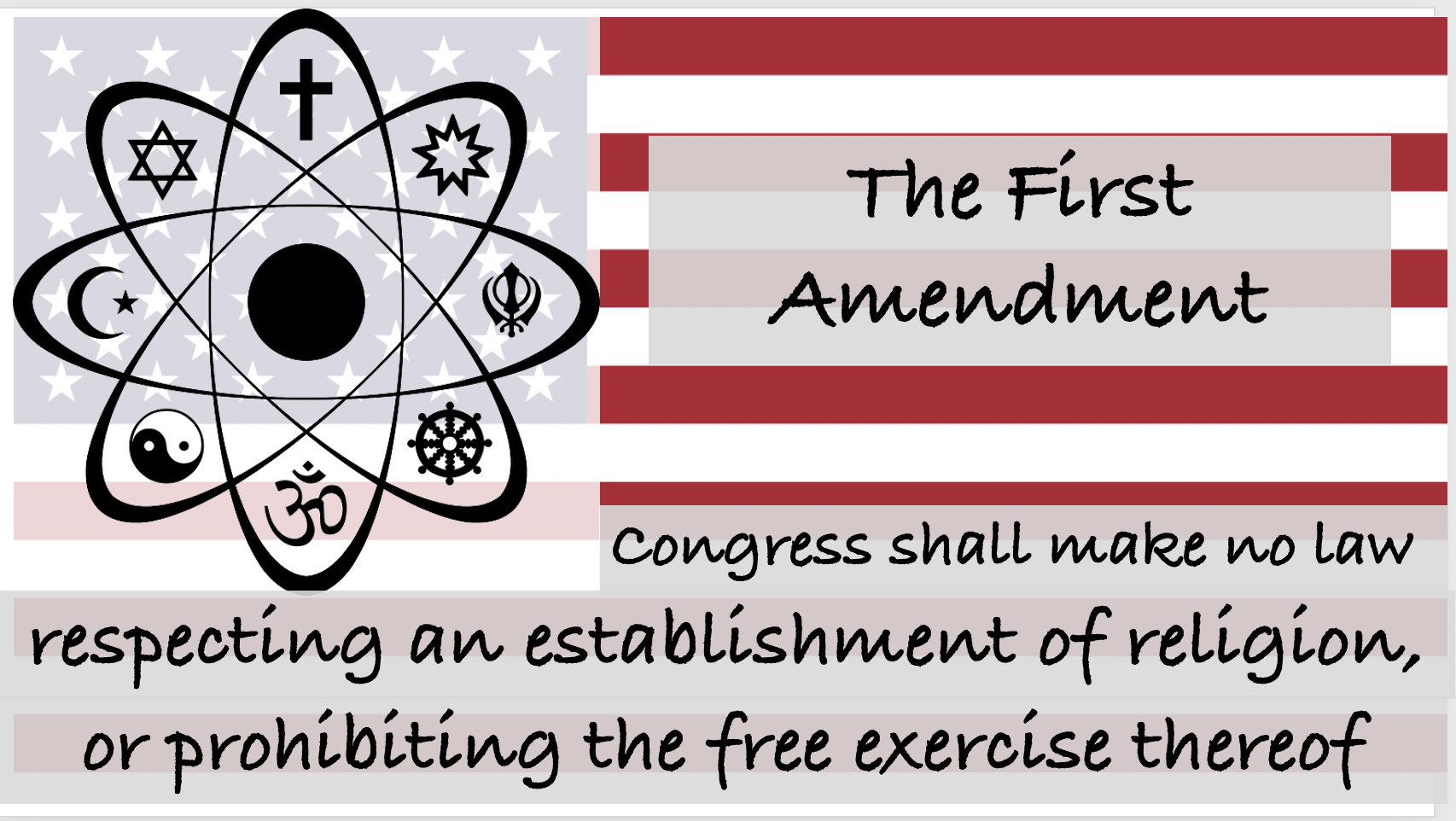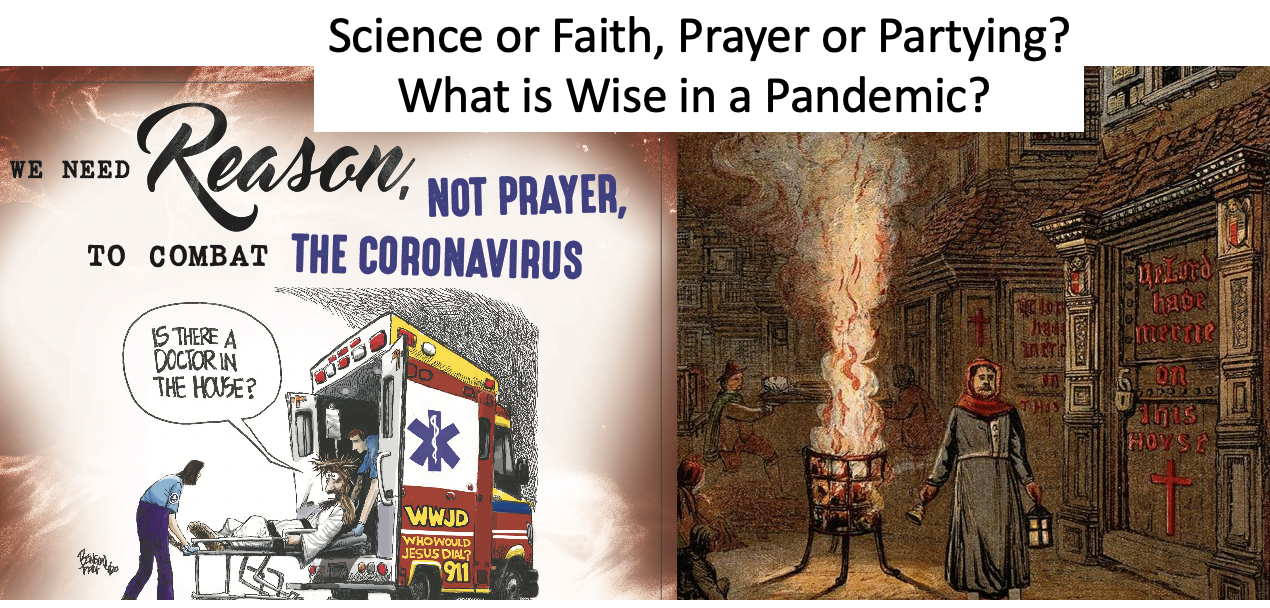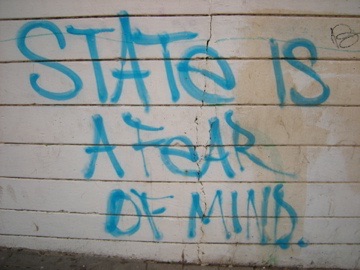Prayer and reason will each enjoy the spotlight this week. The National Day of Prayer unfolds on May 6. The National Day of Reason follows on May 7.
The National Day of Prayer began in the 1950s when Christianity was taken for granted as the American religion. The idea evolved to be more inclusive. In the 1980s Ronald Reagan said in a Day of Prayer proclamation, “Our land today is more diverse than ever, our citizens come from nearly every nation on Earth, and the variety of religious traditions that have found welcome here has never been greater.”
This growing diversity includes nonreligious people. Nonreligion is quickly spreading. According to a 2019 poll, 65% of Americans are Christian, while 26% of Americans are not religious. Other religions (Jews, Muslims, Buddhists, Hindus) make up the rest. A more recent Gallup poll reported that fewer than half of Americans belong to an organized religion.
As nonreligion grows, humanists have become more assertive. The National Day of Reason is a response to reactionary religiosity. A congressional resolution supporting the idea maintains that reason is essential for cultivating democracy, justice and peace. It condemns “irrationality, magical and conspiratorial thinking, and disbelief in science.”
The conflict with science is important. Vaccine skepticism is common among some Christian faiths. Atheists are much more likely than evangelical Christians to get COVID-19 vaccinations.
Other forms of polarization trace the religion/nonreligion divide. Republicans are more religious than Democrats. Midwestern and Southern states are more religious than coastal states. Younger people are less religious than older people. More educated people also tend to be less religious.
Faith and reason can co-exist. But the modern scientific world view creates significant challenges for traditional religious belief.
Science teaches that our sun is one star among billions and that the Earth is 4.5 billion years old. Darwinian biology explains how life evolved, including dinosaurs. Medical science is a powerful tool for saving lives. Neuroscience provides a non-spiritual explanation of consciousness. And so on.
Religious texts and dogmas are disconnected from the growing body of knowledge we call science. Religion is, of course, more than an explanatory system. It is also about community and shared meaning. But increased diversity makes this more complicated. Which tradition should we choose? As nonreligion grows, it becomes easier to pick “none of the above.”
As more people choose this option, social conflict will follow. To manage these conflicts, we need a robust secular system of government such as is provided by the First Amendment. Secularism allows diversity to flourish. In the bad old days, atheists and heretics were burned. Today they are coming out of the closet.
This is probably not what the Founders imagined. American secularism was originally about Christian liberty. Early Americans were concerned with the repression of Christian dissent in the Old World. Americans also engaged in religious persecution. Mormons were driven out. Indigenous people were killed and converted.
As American secularism grew more inclusive, it reflected the best values of this country. We value nonconformity, innovation, and imagination. Reason and science are also deeply American.
Creative freedom is a powerful force. But liberty means different things to different people. The National Day of Reason proclamation quotes James Madison as saying that knowledge is the best guardian of liberty. The National Day of Prayer website quotes the apostle Paul in saying that liberty is grounded in God.
Is liberty a gift of the Creator, or is it the product of social and political evolution? We’ll continue to disagree about the metaphysics of freedom. But despite our differences, religious and nonreligious people share an interest in secularism. It is freedom of thought and religion that allows us to argue and think about those disagreements.
The one thing we might all agree on is the idea that the state should stay out of these arguments. It would be wrong for the state to impose either religion or nonreligion. Individuals also ought to learn to leave each other alone to think for ourselves.
This creates challenges, as with vaccine skepticism. But those challenges are worth it. In a free country, prayer and reason should each have their day in the sun.




